
Ever wonder how movies get advertised without relying on the same old stock music or overly slowed-down pop songs? A common trick is to borrow music from the soundtrack of another film. It’s surprisingly common for filmmakers to use existing tracks as temporary scores – a way to get the right mood for a scene before creating original music. This practice can even explain why some movies end up sounding alike.
Promoting a movie by referencing others is tricky. To show audiences that a new film is similar to movies they already enjoy, advertisers often make it *sound* like those familiar films. For example, fantasy movies might use music from other popular fantasy films, sci-fi films from other sci-fi films, and dramas from other dramas. Sometimes, they even mix genres – you might hear a horror movie track in a trailer for a drama.
It’s been a long-standing tradition for movie trailers to use well-known music from other films. We’ve collected some of the most effective, surprising, and fitting examples to demonstrate how a musical score can live on beyond its original movie.
The Most Obvious Times Movie Trailers Used Music from Other Movies
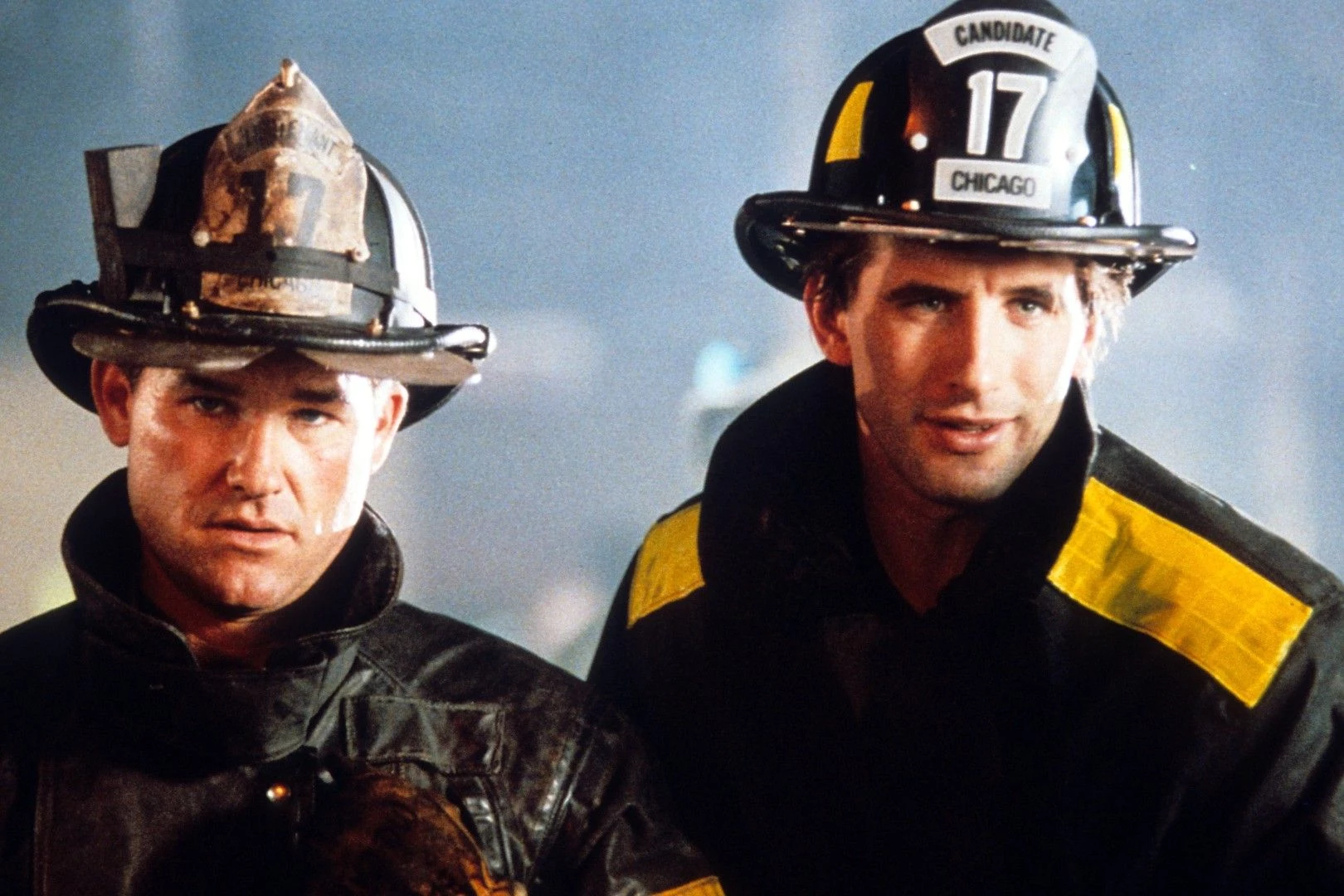
Backdraft (In Jurassic Park and The Mummy)
Believe it or not, the movie *Backdraft* (1991) shares a musical connection with both *Jurassic Park* and *The Mummy*. Hans Zimmer composed the score for *Backdraft*, and a track from it, called “Burn It All,” was used in the trailers for both dinosaur and mummy adventures. Originally released with only a shortened, 30-minute selection of music, the full *Backdraft* soundtrack, including “Burn It All,” was released in 2024. The track itself is energetic and dramatic – reminiscent of the *Pirates of the Caribbean* score – and its fast pace works perfectly with scenes of people fleeing danger, whether from dinosaurs or mummies.
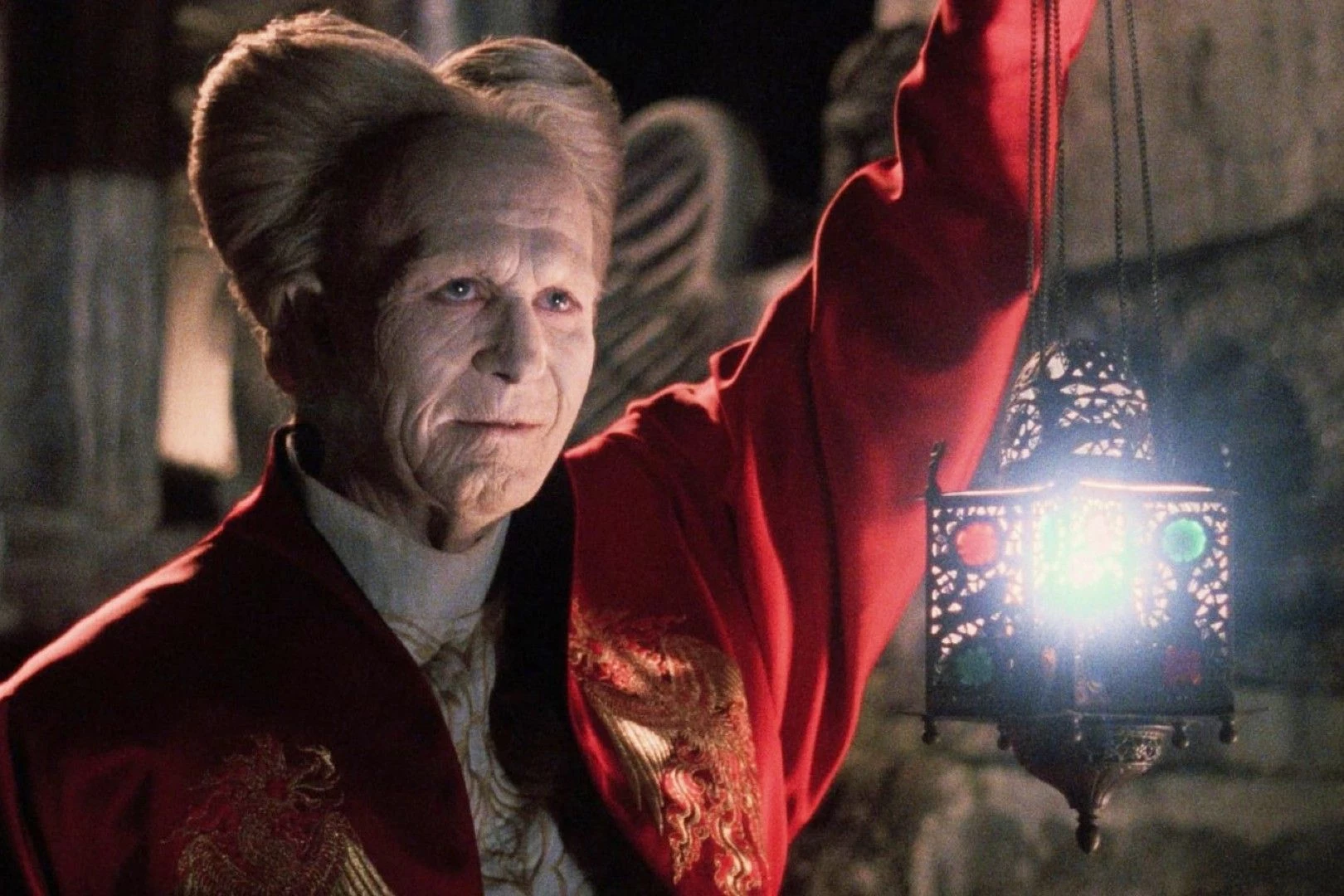
Bram Stoker’s Dracula (In The Mummy, Underworld, Pirates of the Caribbean: The Curse of the Black Pearl)
It’s fitting that trailers for undead-themed movies like *The Mummy*, *Underworld*, and the original *Pirates of the Caribbean: The Curse of the Black Pearl* used music from *Bram Stoker’s Dracula*. The film’s composer, Wojciech Kilar, created a track called “Vampire Hunters,” which served as the main theme. This music is very memorable-even if you haven’t seen *Dracula*-because it’s been used in so many other movie trailers. Besides the ones already mentioned, you can also hear it in trailers for *Demolition Man*, *What Lies Beneath*, and *Stargate*, a film whose score is also frequently used in promotional material.
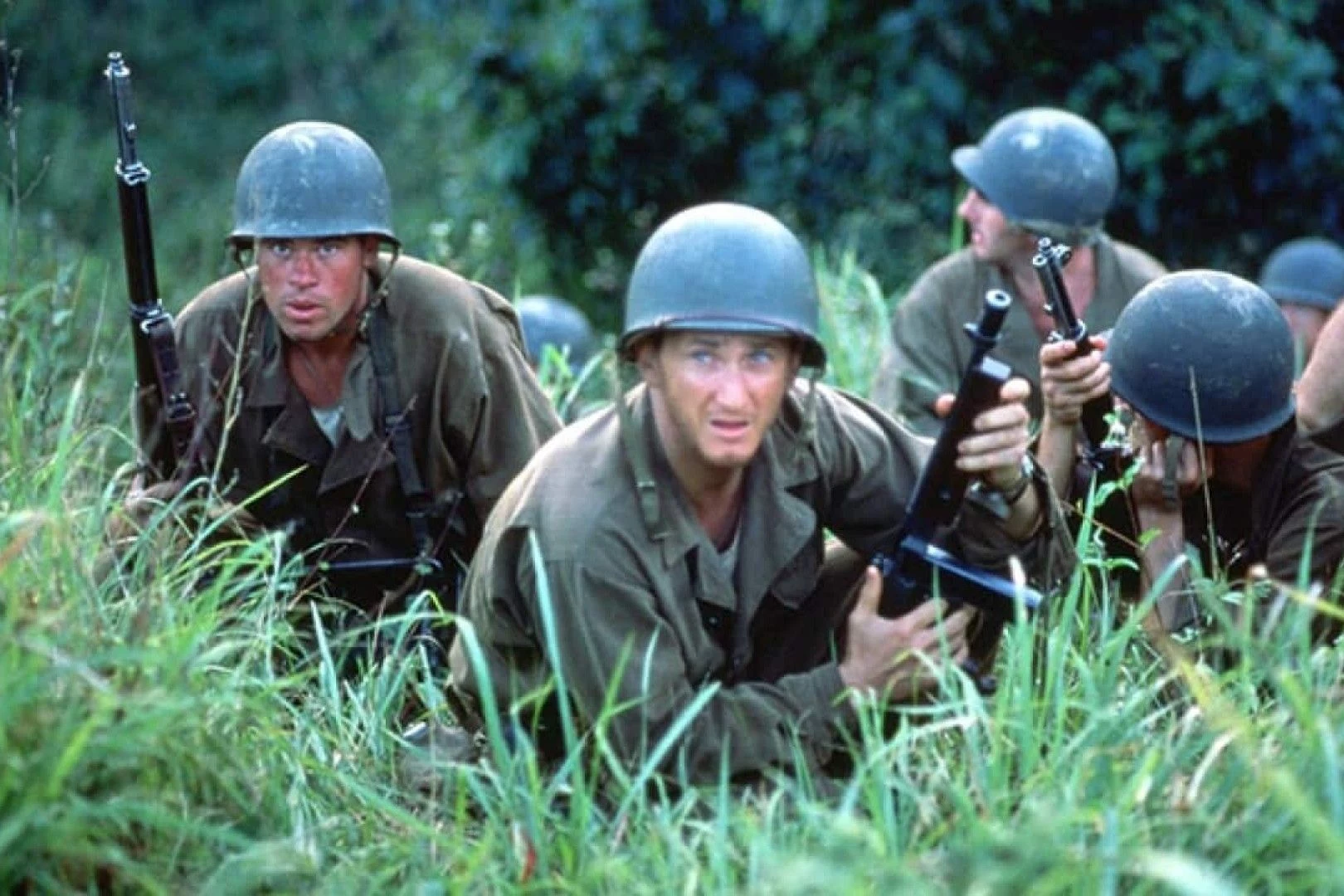
The Thin Red Line (In Pearl Harbor)
The trailers for Michael Bay’s 2001 film *Pearl Harbor* cleverly used a piece of music from Terrence Malick’s 1998 film *The Thin Red Line*. Hans Zimmer’s track, “Journey to the Line,” created a similar feeling of hopeful despair and tense anticipation as the longer film. Interestingly, the *Pearl Harbor* trailers also included music from *The Crow*. Because *The Thin Red Line* was released just a few years earlier, audiences likely remembered it, and the trailers seemed to suggest that fans of one film would enjoy the other. Of course, looking back, one of those movies was far superior – that’s just effective advertising!
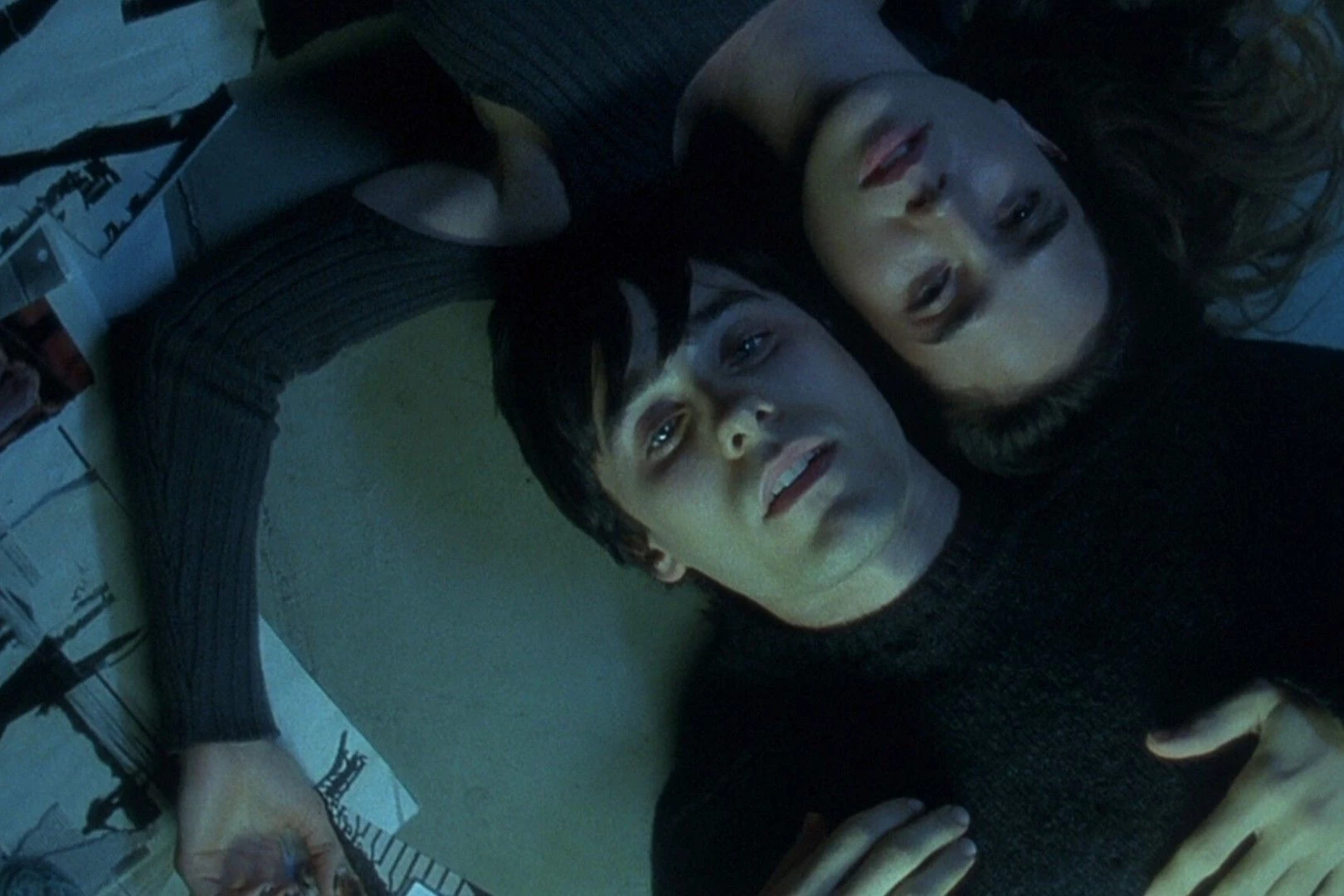
Requiem For a Dream (In The Lord of the Rings: The Two Towers)
It’s hard to believe, but a trailer for *The Lord of the Rings: The Two Towers* famously used the music “Lux Aeterna” from the movie *Requiem for a Dream*. Most people will recognize this incredibly well-known piece. Considering how strongly we associate *The Lord of the Rings* with Howard Shore’s score, it was a surprising choice, especially since only the first movie had been released at that point. The trailer actually featured a re-orchestrated version called “Requiem for a Tower” (a funny name!), and you can also hear both versions in trailers for films like *The Da Vinci Code*, *I Am Legend*, *Babylon AD*, and *Sunshine*. Before trailers started using remixed pop songs, “Lux Aeterna” was the go-to dramatic track.
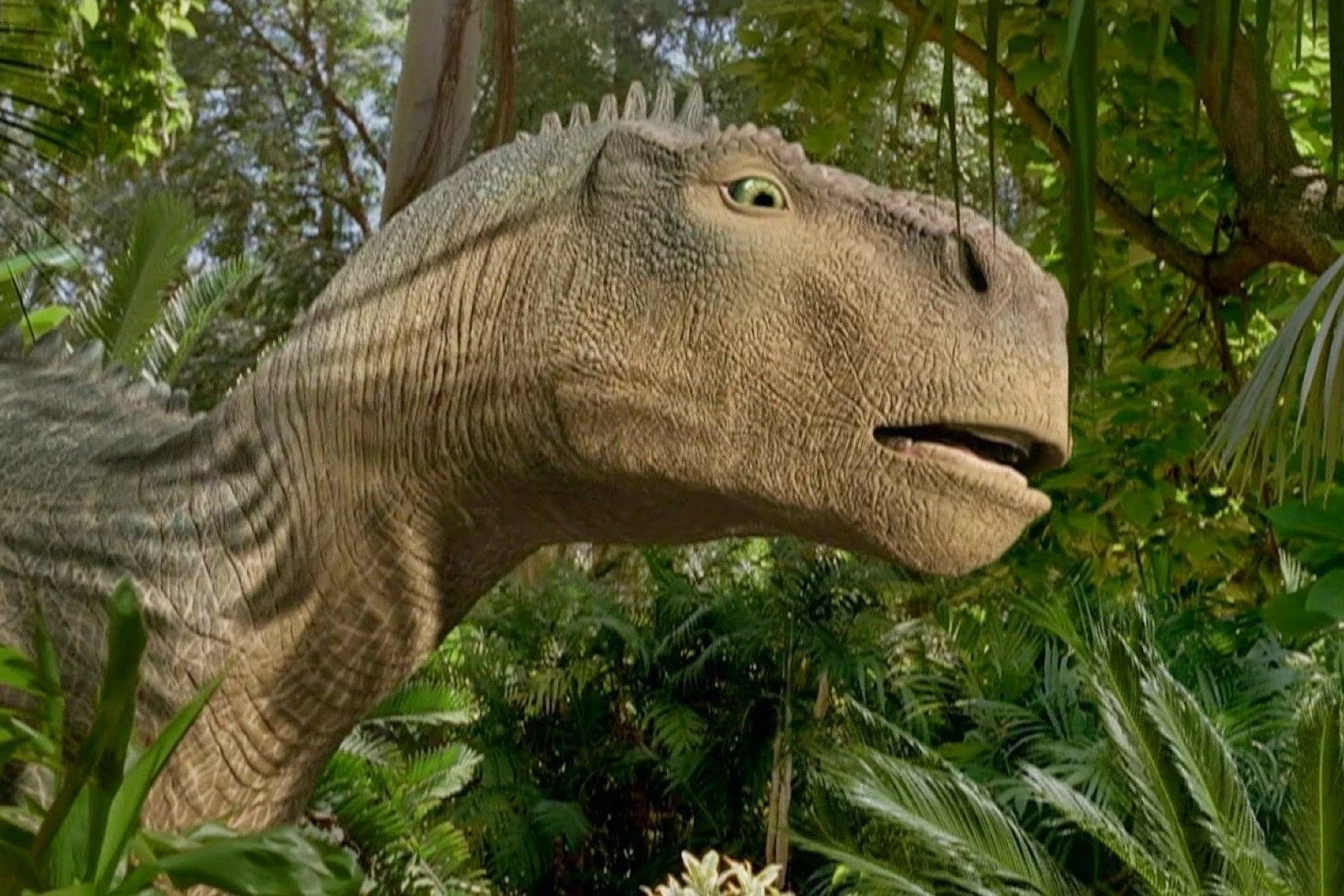
Dinosaur (In Lilo and Stitch in Around the World in 80 Days)
You might not remember Disney’s 2000 CGI film *Dinosaur*, about a group of dinosaurs searching for a new home, but you’ve almost certainly heard its music. While *Dinosaur* isn’t a fan favorite, the composer James Newton Howard’s track, “The Egg Travels,” has appeared in many trailers over the years. Some notable examples include trailers for *Lilo & Stitch*, *The Wild Thornberrys Movie*, and the 2004 film *Around the World in 80 Days*. Interestingly, *Around the World in 80 Days* also features an adventurous theme from *Lilo & Stitch*, composed by Alan Silvestri.
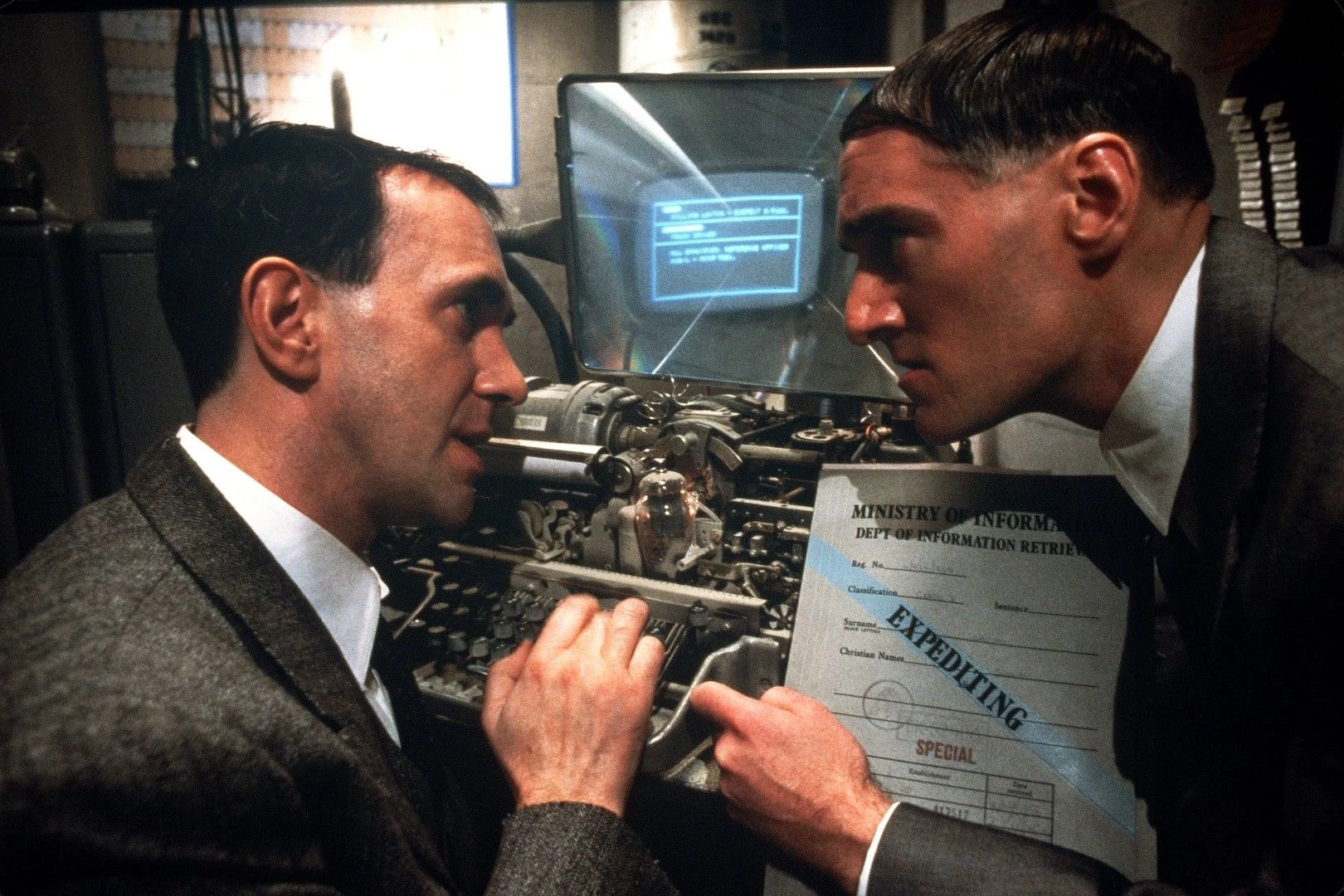
Brazil (In WALL-E)
Want to create a feeling of a bleak, machine-controlled future where life feels pointless, but hope still flickers? Take a cue from Terry Gilliam’s *Brazil*. Pixar did just that in the first *WALL-E* trailer, using composer Michael Kamen’s upbeat instrumental take on Ary Barroso’s “Aquarela de Brasil” (known as “Central Services / The Office” on the soundtrack). The playful, quirky music – with its sounds like typewriters – perfectly captures the robotic nature of WALL-E, who spends his days collecting trash on a lonely Earth. Then, as the music builds, it hints at the exciting adventure to come.
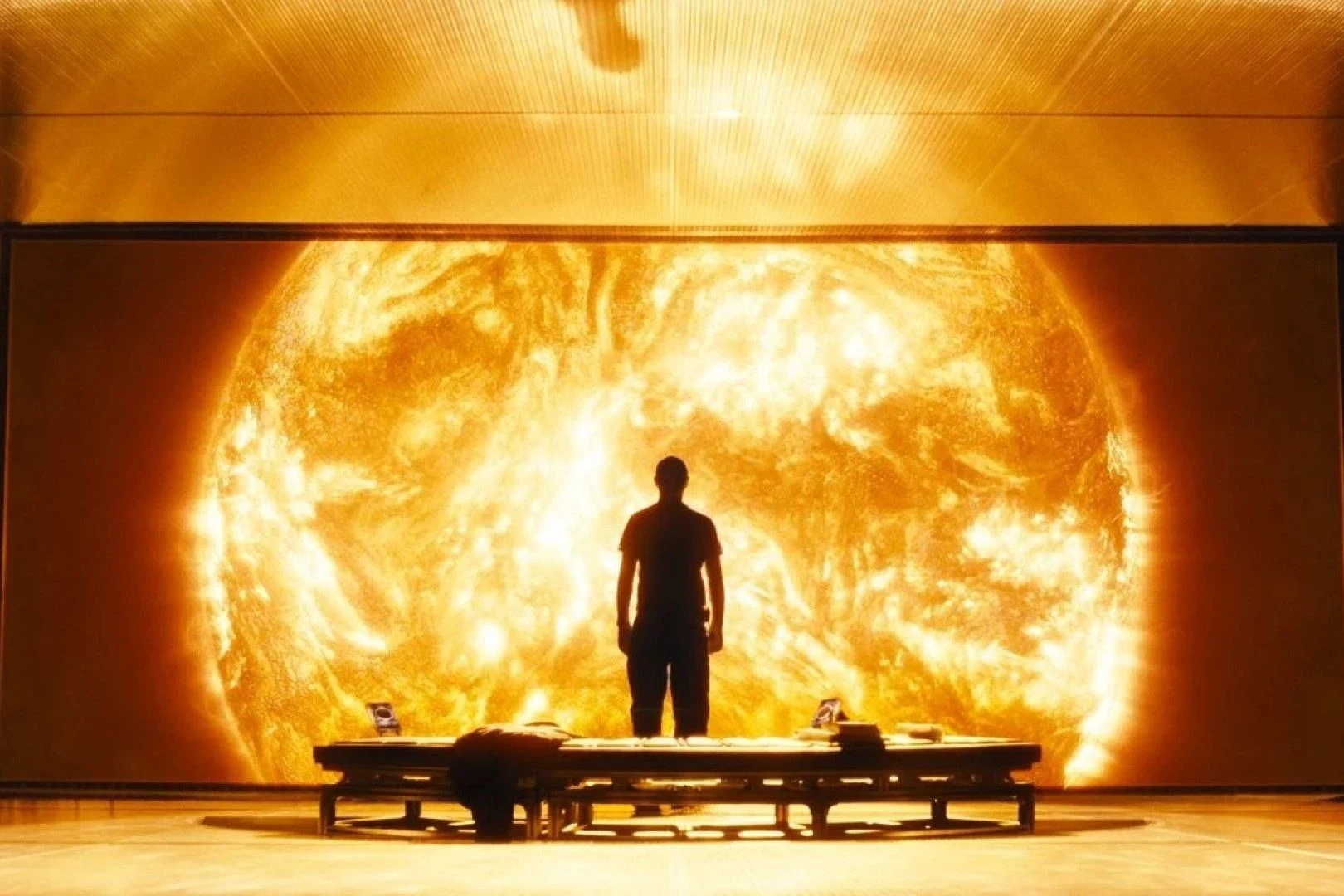
Sunshine (In The Lovely Bones, X-Men: Days of Future Past, Ready Player One)
The music from the films *The Thin Red Line* and *Bram Stoker’s Dracula* is often used in movie trailers, but the score for *Sunshine*, created by John Murphy and Underworld, is just as popular. The main theme, “Adagio in D Minor,” is a sweeping, emotional piece that captures the entire feeling of the movie in just over four minutes. Since *Sunshine* came out, this track has appeared in trailers for all kinds of films – from *The Lovely Bones* to *X-Men: Days of Future Past* and *Ready Player One*, among many others. It seems movie studios turn to the *Sunshine* score whenever they want to create a sense of dramatic, sci-fi tension.
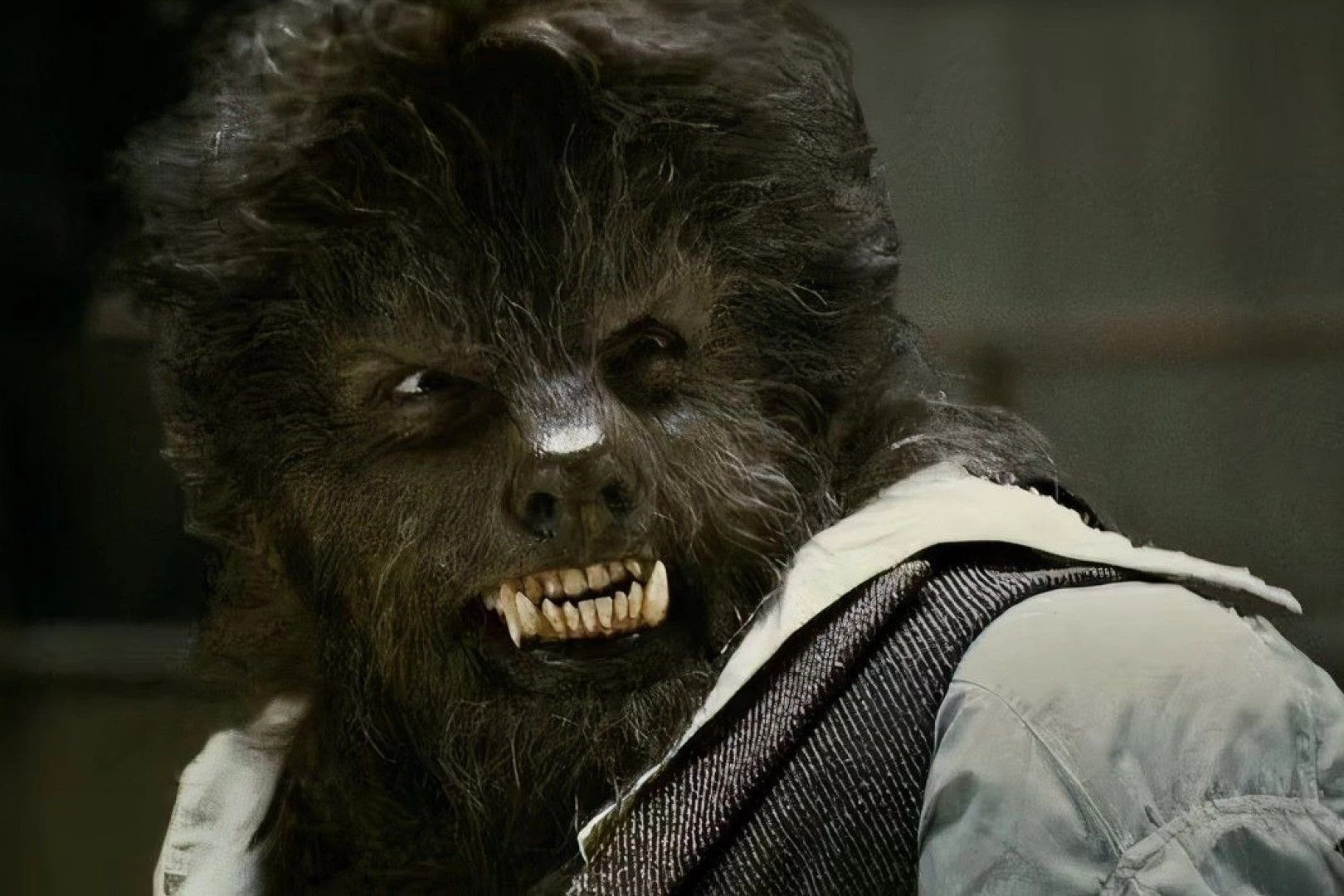
The Wolfman (In Tinker Tailor Soldier Spy)
Joe Johnston’s horror film *The Wolfman* and Tomas Alfredson’s spy thriller *Tinker Tailor Soldier Spy* seem completely different. However, the first trailer for *Tinker Tailor* famously used Danny Elfman’s theme from *The Wolfman*. Even if you’re not familiar with *The Wolfman*, the music signals that *Tinker Tailor* aimed for a sophisticated and serious tone, a departure from the classic, campy Universal monster movies. That’s likely why the score also fits the tense, character-driven story of Cold War espionage, even though the film doesn’t involve any werewolves.
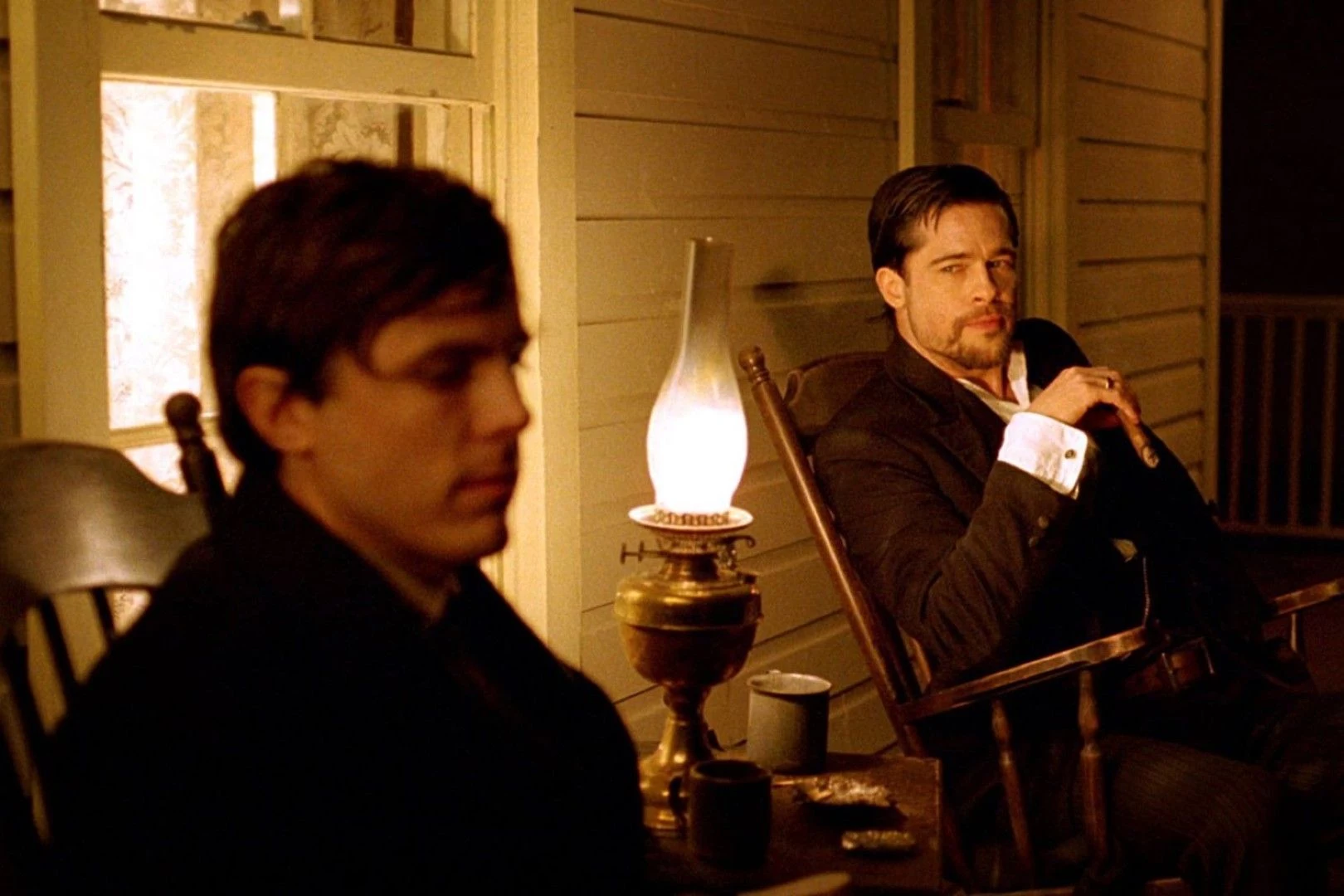
The Assassination of Jesse James by the Coward Robert Ford (In Water for Elephants)
The music Nick Cave and Warren Ellis created for *The Assassination of Jesse James by the Coward Robert Ford* felt almost preordained for another film. Four years later, their track “Song for Jesse” was used in the trailer for Francis Lawrence’s *Water for Elephants*. The song has a delicate, music-box-like quality that surprisingly feels more suited to the atmosphere of *Beasts of the Southern Wild* than a traditional Western. However, it perfectly captures the thoughtful and sad mood of both films – the original movie and the trailer, which presents a fantastical, dreamlike circus world and a tragic love story.
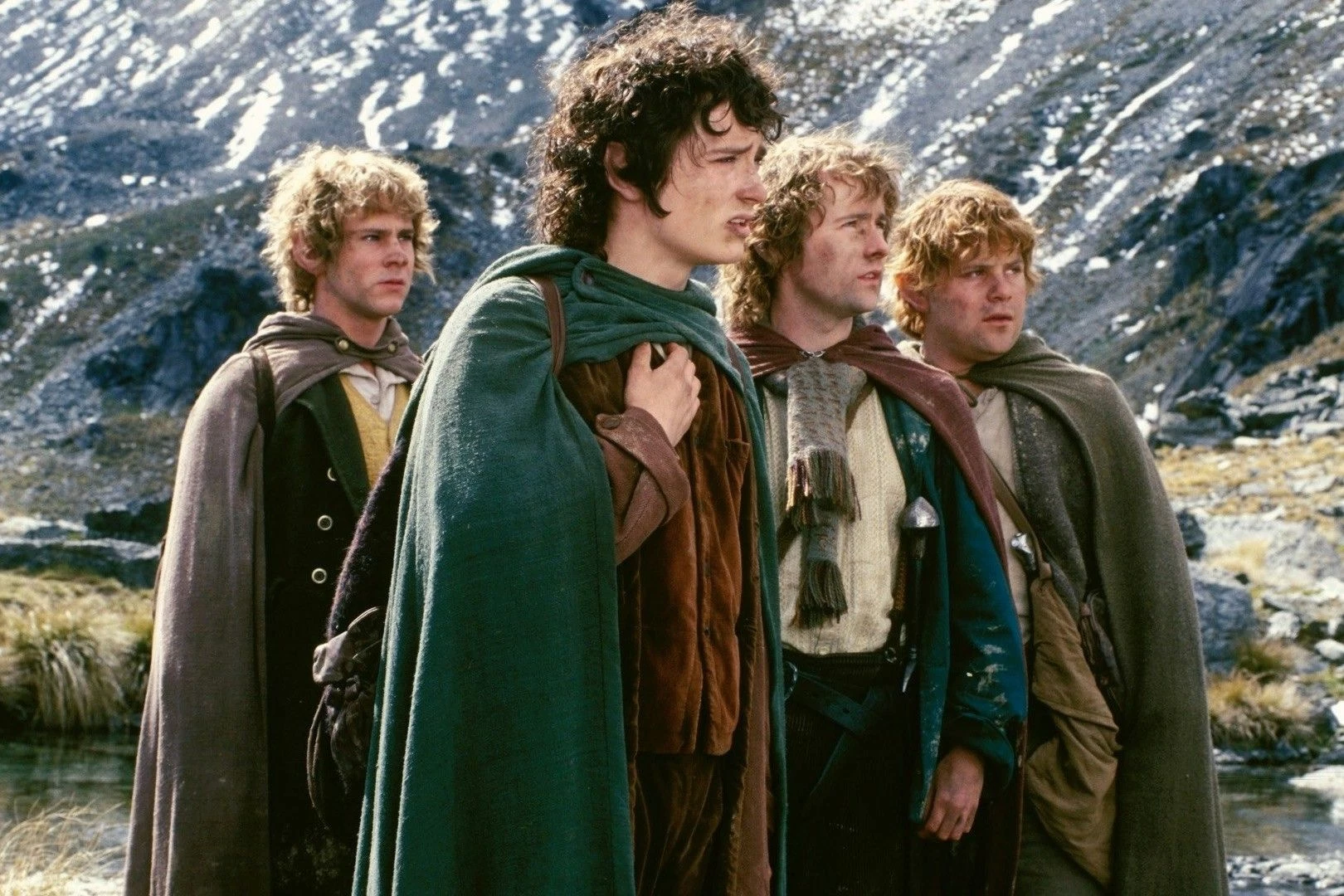
The Fellowship of the Ring and Gladiator (In Man of Steel)
Warner Bros.’ best trailer for *Man of Steel* showcased Hans Zimmer’s original score, a powerful piece called “What Will You Do When You Are Not Saving the World.” However, other trailers used equally inspiring music from popular adventure and hero films. One trailer notably featured “The Bridge of Khazad Dum” from *The Lord of the Rings: The Fellowship of the Ring*-specifically the sad, moving part that plays after Gandalf falls. That same trailer also combined this with “Elegy” from the *Gladiator* soundtrack, performed by Lisa Gerrard and Patrick Cassidy and also composed by Hans Zimmer (who, apparently, is a favorite among trailer composers!). And the Comic-Con teaser trailer used a well-known track from *The Thin Red Line*.
Classic Movies That Got Bad Reviews From Critics
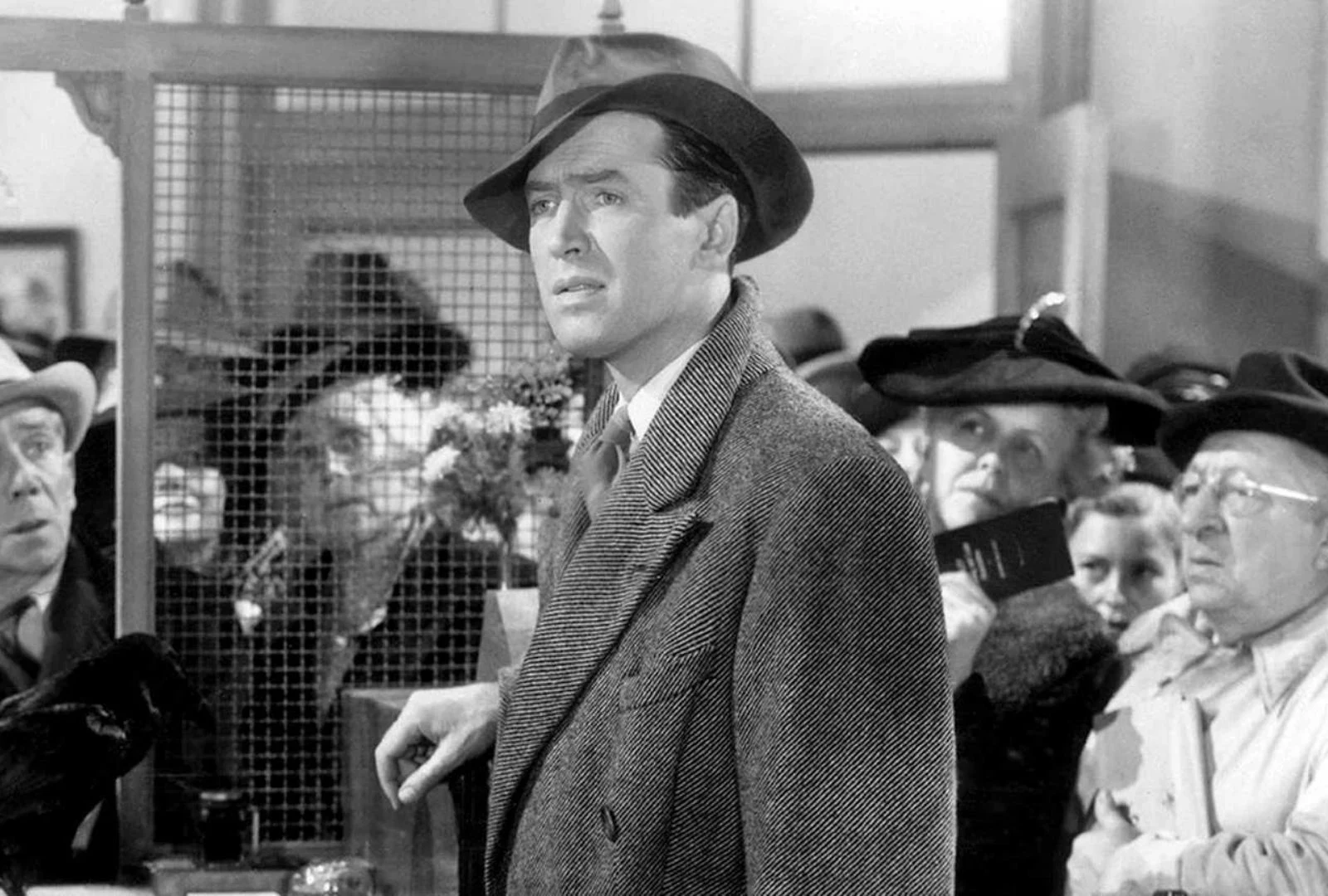
It’s a Wonderful Life (1946)
Despite being considered the most cherished Christmas movie of all time today, *It’s a Wonderful Life* initially struggled. It wasn’t successful when it first came out, and critics at the time weren’t impressed. For example, a review in *The New York Times* criticized director Frank Capra for portraying characters and ideas that felt overly dramatic and unrealistic. It was a bit of a flop at first, to say the least.

The Night of the Hunter (1955)
Charles Laughton was a highly respected actor with a long career in theater and film. He only directed one movie, the now-classic noir thriller *The Night of the Hunter*, which tells the story of a serial killer attempting to steal a woman’s inheritance. Though it wasn’t successful when it was first released, *The Night of the Hunter* is now a favorite among film historians and fans of crime movies, and Laughton never directed another film.

Vertigo (1958)
Alfred Hitchcock’s *Vertigo* is a must-see, widely considered his most unsettling and deeply psychological exploration of desire and loss. Today, many film critics rank it not just as Hitchcock’s best film, but among the greatest ever made. In 2012, it achieved a historic milestone, becoming the first film in over 60 years to replace *Citizen Kane* as the top pick in the prestigious *Sight and Sound* poll. This is quite a change from its initial release in 1958, when audiences and critics alike found its depressing themes and unhappy ending confusing. One review in *The Los Angeles Times* even stated that watching *Vertigo* made the viewer feel just as dizzy as the characters.

Peeping Tom (1960)
Similar to the initial reaction to *Vertigo*, critics were shocked by the unsettling mix of sex and violence in Michael Powell’s 1960 thriller, *Peeping Tom*. One critic even suggested the film should be destroyed and thrown away! The movie was so poorly received in the U.K. that it essentially ended Powell’s directing career. Now, *Peeping Tom* is recognized as a classic and considered a groundbreaking, powerful film exploring the disturbing nature of watching others.

Bonnie and Clyde (1967)
As a critic, I’ve always been fascinated by the history of *Bonnie and Clyde*. It’s a film that initially sparked outrage – many established critics at the time absolutely *hated* it, finding its violence shocking and exploitative. But something amazing happened. Young audiences connected with it immediately, and a new wave of critics – people like Pauline Kael and Roger Ebert – boldly went against the grain to champion it. What’s truly remarkable is the story of Joe Morgenstern from *Newsweek*. He originally eviscerated the film, calling it a mindless action flick. But then he rewatched it, completely changed his mind, and famously wrote a second review retracting everything he’d said before, declaring it a modern classic. It’s a testament to the film’s power and a fascinating chapter in film criticism history.

Night of the Living Dead (1968)
Though it might seem mild by today’s standards, *Night of the Living Dead* was shockingly violent for its time and offered a powerful commentary on the racial tensions and societal fears of 1960s America. While the film quickly became a financial success, earning back its small production cost many times over, its significance wasn’t fully appreciated by critics until later. Only after George A. Romero and other filmmakers created even more shocking zombie films did the movie’s true influence on the horror genre become clear.

2001: A Space Odyssey (1968)
Stanley Kubrick consistently faced a curious critical reception: his films were often initially met with mixed or negative reviews, only to be later recognized as masterpieces. Many of his movies followed this pattern – and you’ll find two more examples of this later in the list, if you’re curious.
Even his most celebrated work, *2001: A Space Odyssey*, wasn’t immediately praised. While some critics, like Roger Ebert, immediately recognized its brilliance, others were skeptical of its complex and thoughtful exploration of space. Notably, two famously disagreeing critics, Andrew Sarris and Pauline Kael, were united in their disapproval of *2001*. Sarris called it a “disaster,” and Kael labeled it “monumentally unimaginative.” (It’s understandable if someone doesn’t like *2001* – it still divides audiences today – but calling it *unimaginative* seems a bit off.)

The Wild Bunch (1969)
Sam Peckinpah was known for challenging the limits of what was acceptable in Hollywood films, and this often caused controversy. Today, his 1969 Western, *The Wild Bunch*, is considered a classic – a groundbreaking take on the traditional stories of American heroes and the frontier. However, when it was first released, the film’s intense violence and questioning of American ideals sparked a strong negative reaction from many critics. In fact, one reporter was so critical that, at a press conference the day after the film’s debut, he famously asked Peckinpah to justify making it at all.

The Rocky Horror Picture Show (1975)
What is now considered a classic film initially struggled to find an audience. After critics and viewers weren’t impressed with *The Rocky Horror Picture Show*, its distributor tried a unique approach: midnight screenings. This was inspired by the success of other unconventional films, like *Pink Flamingos*, which were also attracting audiences late at night. The idea worked incredibly well. The film quickly became a hit at the Waverly Theater in New York City, and soon midnight showings were selling out nationwide, cementing its place in film history.

The Warriors (1979)
Look, I get why some critics were initially thrown by *The Warriors*. It’s a truly bizarre and unforgettable vision of New York City – a place overrun by these incredibly stylized, battling gangs. It just feels like a movie *built* to become a cult classic, and honestly, that’s exactly what happened. Despite some lukewarm reviews at the time, Walter Hill’s film quickly found its audience and has rightly earned its place as a beloved genre piece from the ’70s.
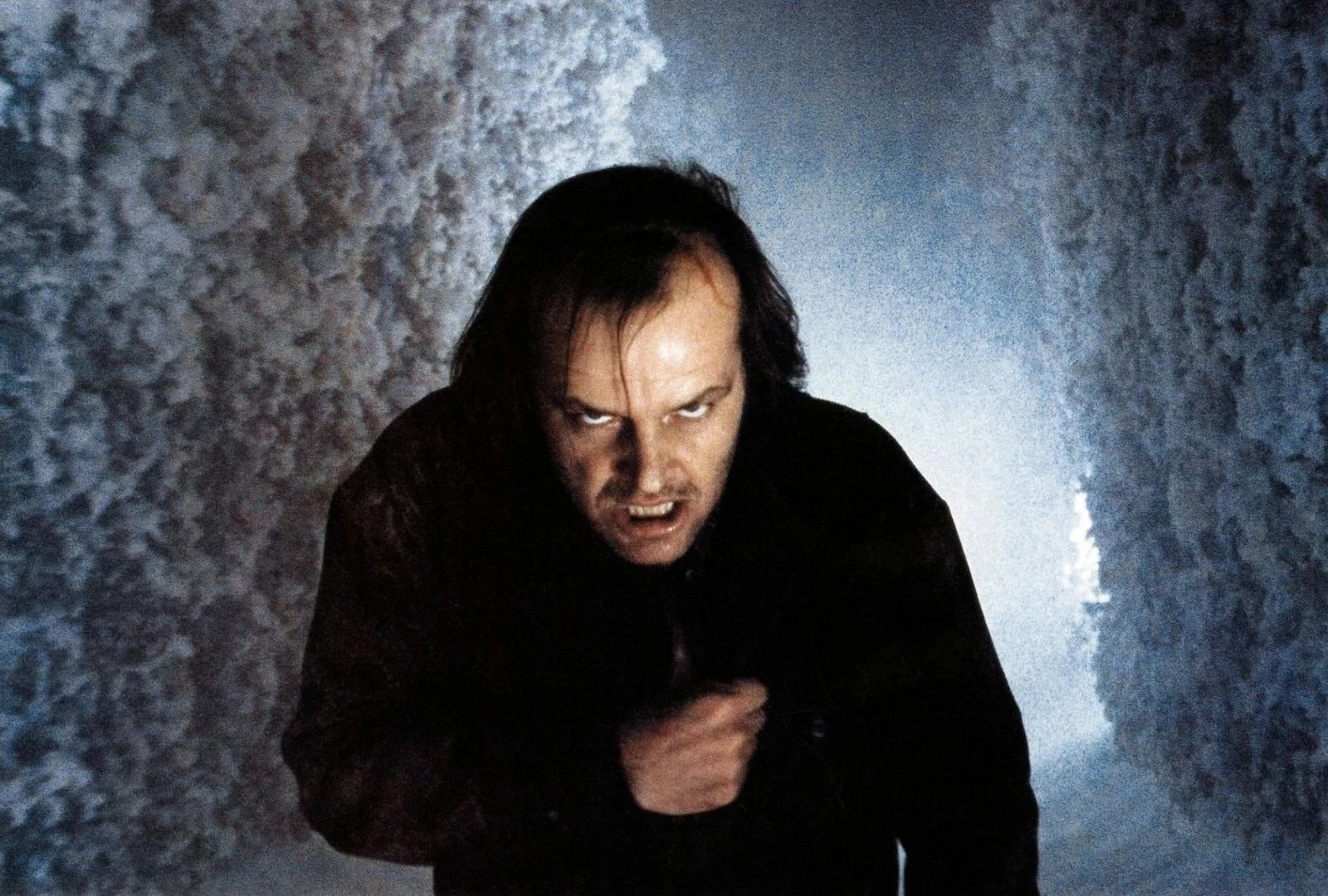
The Shining (1980)
When Stanley Kubrick’s film version of *The Shining* came out, it wasn’t well-received by critics, and surprisingly, author Stephen King himself strongly disliked it. He was unhappy with the casting choices and the changes Kubrick made to his original story. In fact, the film even received several Razzie nominations, including one for Worst Director – it’s amazing to think Stephen King might have actually voted for the Razzies!

Caddyshack (1981)
Comedies often don’t receive much praise from critics, and many films that become classics are initially panned. A prime example is *Caddyshack*, a hugely popular 80s comedy that critics at the time largely disliked. Many reviews saw it as a disappointing sequel to *Animal House*, even though it was co-written by the same person, Harold Ramis. In fact, *The New York Times* bluntly called it a spin-off of *Animal House* and even said it wasn’t as funny as *Cheech and Chong’s Next Movie*.

Blade Runner (1982)
It’s surprising to learn that *Blade Runner*, now considered a sci-fi classic and a heavily studied film, initially received negative reviews. However, the first version released wasn’t director Ridley Scott’s original vision. It included awkward narration by Harrison Ford and a cheerful ending he didn’t want-footage actually borrowed from Stanley Kubrick’s *The Shining*. The film’s popularity truly grew only when fans discovered Scott’s preferred cuts in the late 1980s and early 1990s.

The Thing
It’s surprising that *Blade Runner* received mixed reviews, but it’s even more shocking that *The Thing* did. Today, John Carpenter’s *The Thing* is widely considered one of the greatest horror films ever made – a chilling story about an alien that infiltrates an Antarctic research station. However, in 1982, *The New York Times*’ Vincent Canby strongly disliked it, calling it “silly, bleak, and overblown.” He even questioned if there was any deeper meaning, suggesting there probably wasn’t. The only logical explanation for such a negative reaction is that all the film critics at the time were secretly aliens themselves, trying to cover up their plan to take over Earth – starting with the world of film criticism, of course. Okay, that theory might be a bit far-fetched, but it’s hard to explain otherwise!

Top Gun (1987)
Released in 1986 and starring a then-rising Tom Cruise, *Top Gun* was a massive box office hit, but it didn’t receive much praise from critics at the time. While it’s now considered an ’80s classic and is endlessly rewatchable, it still has a low rating on Rotten Tomatoes. Originally dismissed as being all style and no substance, *Top Gun* is now recognized for capturing the feeling of America during the Reagan years.

Predator (1987)
While Arnold Schwarzenegger is famous for *The Terminator*, many of his other 1980s action movies weren’t initially well-received by critics. For example, *Predator*, now considered a classic, received a negative review from Gene Siskel, and Janet Maslin of *The New York Times* called it “alternately grisly and dull.” It’s likely Maslin would have been surprised by the film’s eventual success, which led to sequels, spin-offs, comics, and iconic moments like the famous handshake between Schwarzenegger and Carl Weathers.

Spaceballs (1987)
Mel Brooks’ *Spaceballs* is full of silly, over-the-top moments – from Dark Helmet’s frustrated outbursts to President Skroob’s antics, and even characters casually called “A-holes.” Despite all this, it somehow earned a PG rating, which is why my parents let me watch it as a kid, and it quickly became a favorite. While *Star Wars* is a classic, *Spaceballs* took it to another level with its humor. Critics back then didn’t love it, but I did, and I still do. You can disagree all you want, but I’ll always think *Spaceballs* is a great movie.

Home Alone (1990)
Okay, so when *Home Alone* first came out, critics *really* didn’t get it. It was way too over-the-top and slapstick for a lot of them – honestly, they seemed offended by the silliness! But the audience? We loved it! It was the biggest movie of 1990, and over time it’s become a total Christmas tradition. I always say it’s like *It’s a Wonderful Life*, but with a *lot* more guys getting kicked in sensitive areas. Seriously, how could anyone write a negative review for that? It’s pure holiday fun!

Twin Peaks: Fire Walk With Me (1992)
Despite its initially poor reception, David Lynch’s *Fire Walk With Me*, a prequel to *Twin Peaks*, is now viewed much more favorably. When it was first released in 1992, the film was heavily criticized and even booed at the Cannes Film Festival. It didn’t do well in theaters and many believed Lynch had lost his way with the *Twin Peaks* story after a successful first season. Over time, however, fans of Lynch’s work have re-evaluated the film, arguing that its dark portrayal of Laura Palmer’s final days is crucial to understanding the entire series-and even Lynch’s career as a whole. Back then, many simply found it too strange and unsettling.

Dumb and Dumber (1994)
As a movie fan, I’ve always thought comedies get a bad rap from critics, but *really* silly comedies? They get the worst of it. Let’s be honest, a movie called *Dumb and Dumber* was always going to be an uphill battle with reviewers, even if it was surprisingly clever in its own way. But you know what? Nowadays, most people remember the Farrelly brothers’ first big hit with a lot more love than the critics originally gave it.

Tommy Boy (1995)
In the 1990s, TV critics weren’t always impressed with *Saturday Night Live*, and movie critics were even harsher when *SNL* cast members started appearing in films. While some of those movies and comedies weren’t very good, others, like *Tommy Boy*, were genuinely funny. *Tommy Boy* was a perfect vehicle for Chris Farley, who played the clumsy heir to a brake-pad company. He’s forced to go on a sales trip with a sarcastic coworker, David Spade, to try and save the family business. It’s baffling that critics didn’t appreciate it – especially the famous “Tommy want wingy!” line.

The Big Lebowski (1998)
When *The Big Lebowski* came out in 1998, many critics were confused. It followed *Fargo*, which had been the Coen brothers’ biggest critical success, earning numerous Oscar nominations. So, a quirky, rambling comedy about a laid-back detective seemed like a strange direction for them. At the time, critics struggled to understand it in the context of the Coens’ previous work. However, once people viewed the film separately from the buzz surrounding *Fargo*, it started to gain a reputation as a truly unique and enjoyable movie.

Eyes Wide Shut (1999)
Even after his death, Stanley Kubrick didn’t receive universal praise from critics. His final film, *Eyes Wide Shut*, released shortly after he passed away, received mixed reviews. Many critics felt it wasn’t as strong as his masterpieces like *2001*, *A Clockwork Orange*, and *Full Metal Jacket*. The film’s well-known orgy scene attracted a lot of attention, and sparked both criticism and debate – some found it too explicit, while others thought it wasn’t explicit enough. While some defended the film when it came out in 1999, it has gained much more positive recognition through later reviews and re-evaluations.

Wet Hot American Summer (2001)
With actors in their thirties playing high schoolers, bizarre jokes that don’t quite connect, and even a talking can of vegetables, *Wet Hot American Summer* definitely confused many critics. But audiences loved it! It’s become known as one of the funniest and most unusual comedies of the 2000s.

Jackass: The Movie (2002)
It’s understandable that the *Jackass* movies aren’t for everyone, particularly professional film critics. The first movie’s score on Rotten Tomatoes – 49% – shows a pretty even split between positive and negative reviews. What’s surprising is that the original *Jackass* – which many consider the funniest in the series – actually has the lowest Rotten Tomatoes score. The newest film, *Jackass Forever*, scored an 86 – almost double the first one! It’s possible that critics, especially those who grew up with the TV show and movies, have become more accepting of the franchise’s crude humor over time.
Read More
- Clash Royale Best Boss Bandit Champion decks
- Vampire’s Fall 2 redeem codes and how to use them (June 2025)
- World Eternal Online promo codes and how to use them (September 2025)
- Best Arena 9 Decks in Clast Royale
- Country star who vanished from the spotlight 25 years ago resurfaces with viral Jessie James Decker duet
- ‘SNL’ host Finn Wolfhard has a ‘Stranger Things’ reunion and spoofs ‘Heated Rivalry’
- JJK’s Worst Character Already Created 2026’s Most Viral Anime Moment, & McDonald’s Is Cashing In
- Solo Leveling Season 3 release date and details: “It may continue or it may not. Personally, I really hope that it does.”
- M7 Pass Event Guide: All you need to know
- Kingdoms of Desire turns the Three Kingdoms era into an idle RPG power fantasy, now globally available
2025-09-19 17:06